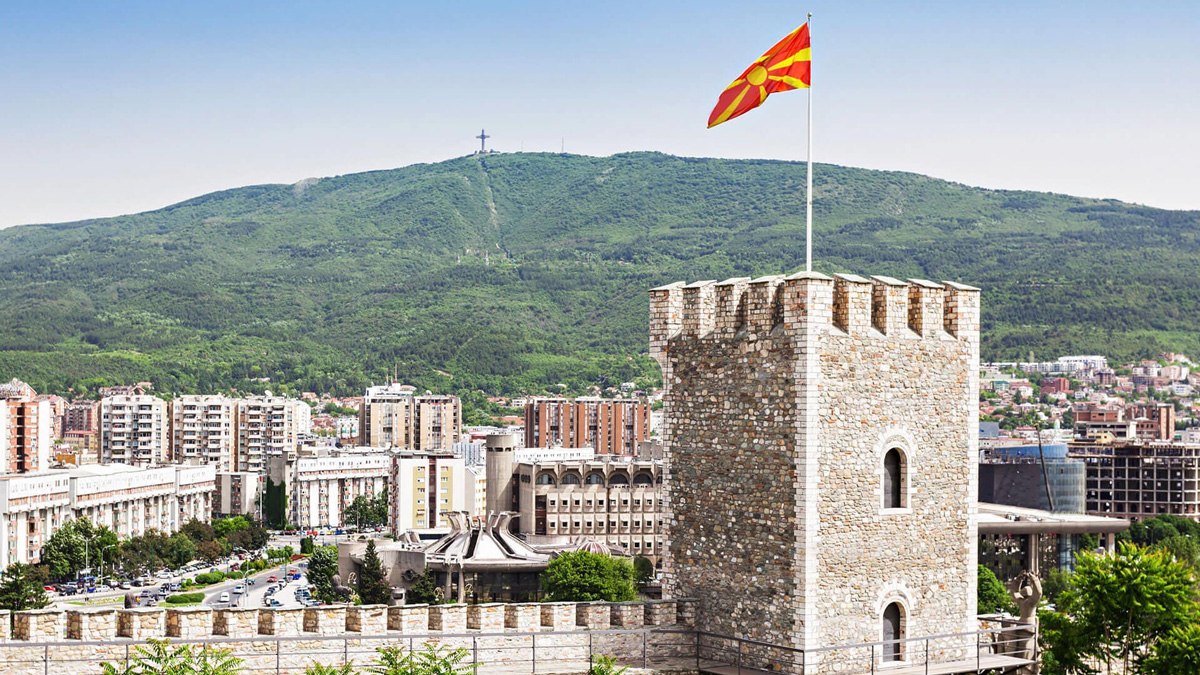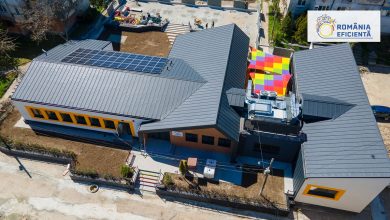Financing Energy Efficiency in North Macedonia
EBRD, EU and Austria will finance energy efficiency in North Macedonia.
The European Bank for Reconstruction and Development (EBRD) is providing a loan of €2 million to ProCredit Bank for on-lending to homeowners in North Macedonia for energy-efficiency investments. The credit line is part of the Green Economy Financing Facility (GEFF) programme.
The funds will be available to private borrowers to invest in energy-saving measures, such as insulation, windows, heat pumps and solar panels. These investments will promote energy-efficiency improvements in residential buildings, helping to reduce greenhouse gas emissions and improve homeowners’ quality of life. Once the measures have been implemented, borrowers will be eligible for a grant of up to 20 per cent of the loan amount, funded by the European Union (EU).
The financing is secured by the €135 million GEFF programme for the Western Balkans, which is co-financed by the EU, the Western Balkans Investment Framework (WBIF) and the Austrian Federal Ministry of Finance and is part of the Regional Energy Efficiency Programme (REEP) for the Western Balkans. The aim of the programme is to help the region ‒ known for its high energy intensity ‒ to improve energy efficiency in its residential sector, one of its biggest energy consumers.
“We are happy to deepen our cooperation with our partners from ProCredit Bank Macedonia by signing another GEFF agreement. The presence of this product on the market has increased the awareness of the local households about the importance of energy-efficiency investments in their homes. The funds from this new credit line will reach even more households, reducing their energy consumption and contributing to better air quality in their communities,” Jürgen Rigterink, EBRD First Vice President, said.
“Saving energy today, is saving our future tomorrow. This is why we are using practical ways, close to the citizens, to implement the Green Agenda and provide financial support to the residential sector. This will solve some of the financial barriers to improving energy efficiency,” Steffen Hudolin, Head of Cooperation for the Delegation of the European Union to the Republic of North Macedonia, added.
“The impact that we as a company ‒ or our customers ‒ might have on the environment is of great importance. ProCredit Bank has already disbursed €2 million through 172 loans from the GEFF programme for household investments. More than 65 per cent of those were investments in energy-efficient heating and cooling systems, while the rest were used to improve the thermal insulation of homes. We are confident that with the additional €2 million EBRD credit line for investments in energy efficiency, which also offers a grant of up to 20 per cent, even more households will be able to contribute to improvements in energy efficiency and a cleaner environment,” Emilija Spirovska, Member of the Management Board of ProCredit Bank, mentioned.
To diversify the country’s energy mix away from coal, increase the share of renewables and fight air pollution, North Macedonia has initiated plans to develop a solar park on the site of an abandoned coal mine in the western part of the country. In February 2020 the government launched a public tender for investors to construct two photovoltaic units of up to 100 MW in total. In the same month, the country also adopted a comprehensive Law on Energy Efficiency, transposing the relevant EU directives.
To date, around 9,000 households in the Western Balkans have improved their energy efficiency through the GEFF programme, with investments in projects that contributed to a reduction of more than 10,000 tonnes of CO2 emissions per year, equivalent to removing 6,000 cars from the road.
The EBRD is a major institutional investor in North Macedonia. To date, it has invested more than €2.1 billion in 148 projects in the country. Supporting green energy is a priority for the Bank, as it addresses one of the country’s most pressing challenges.



